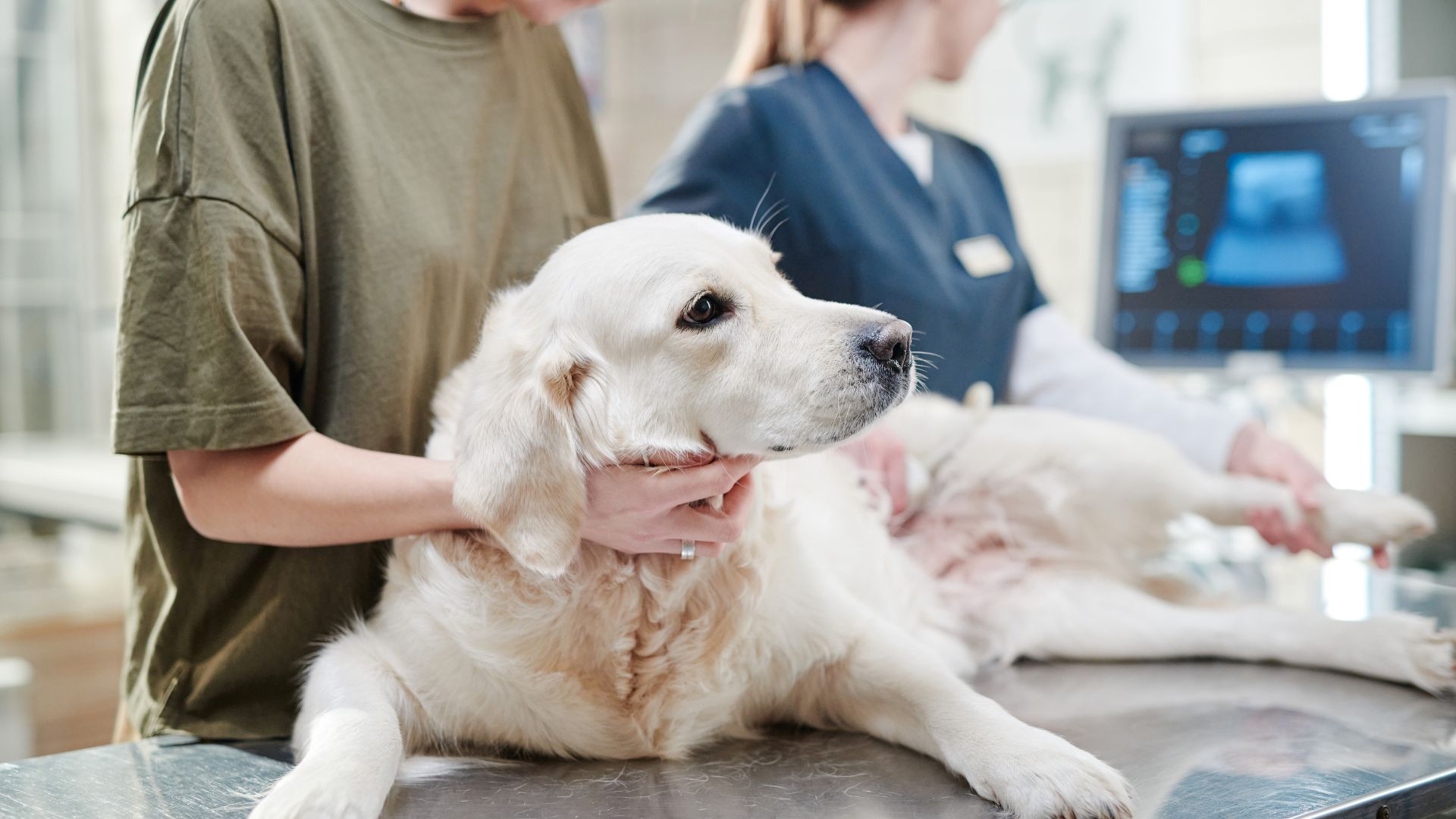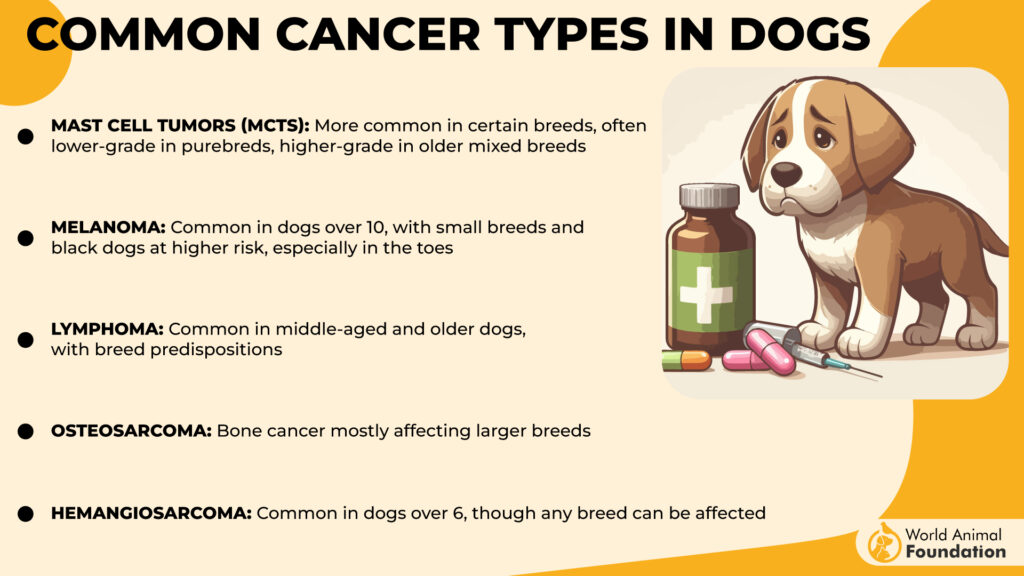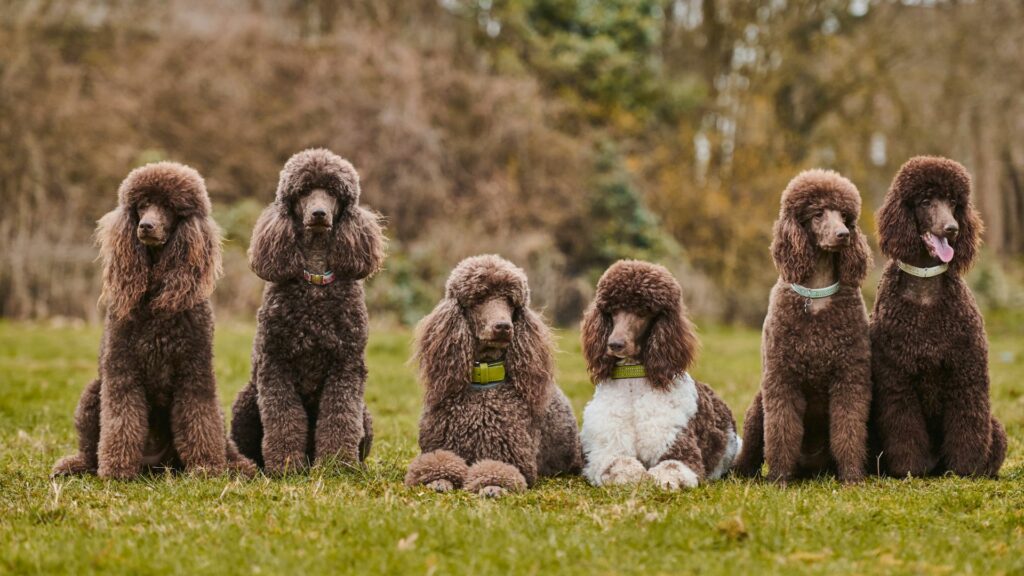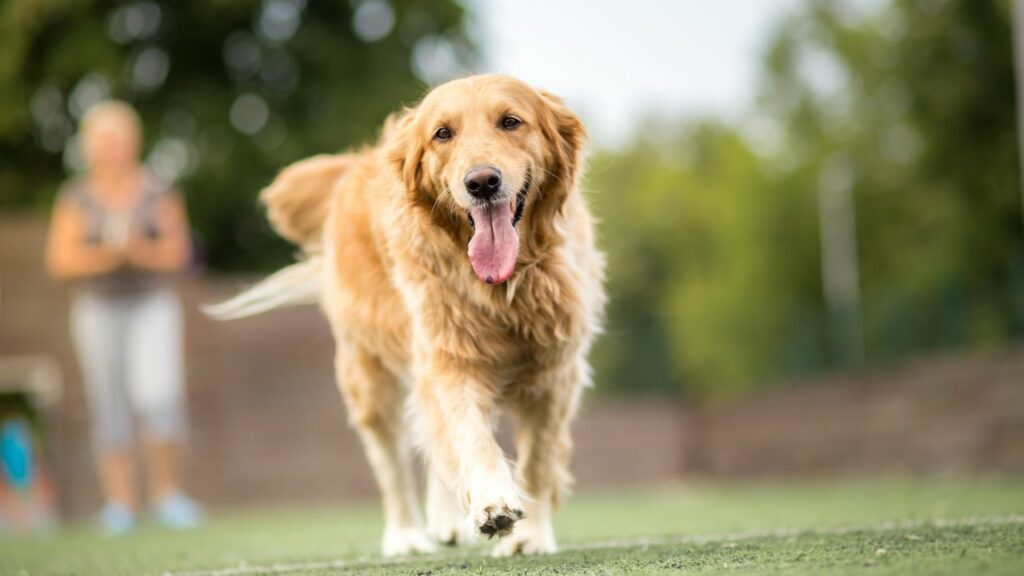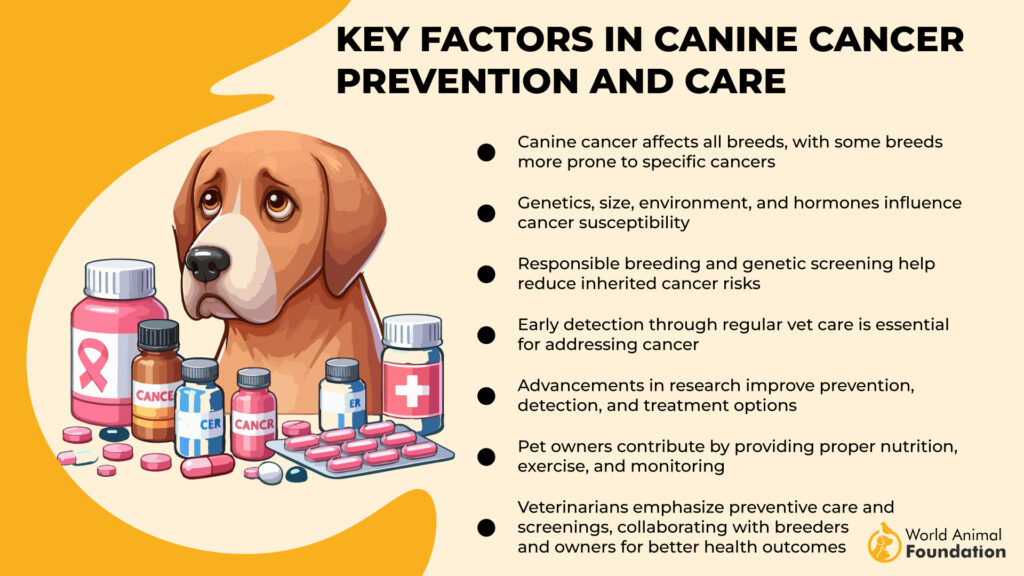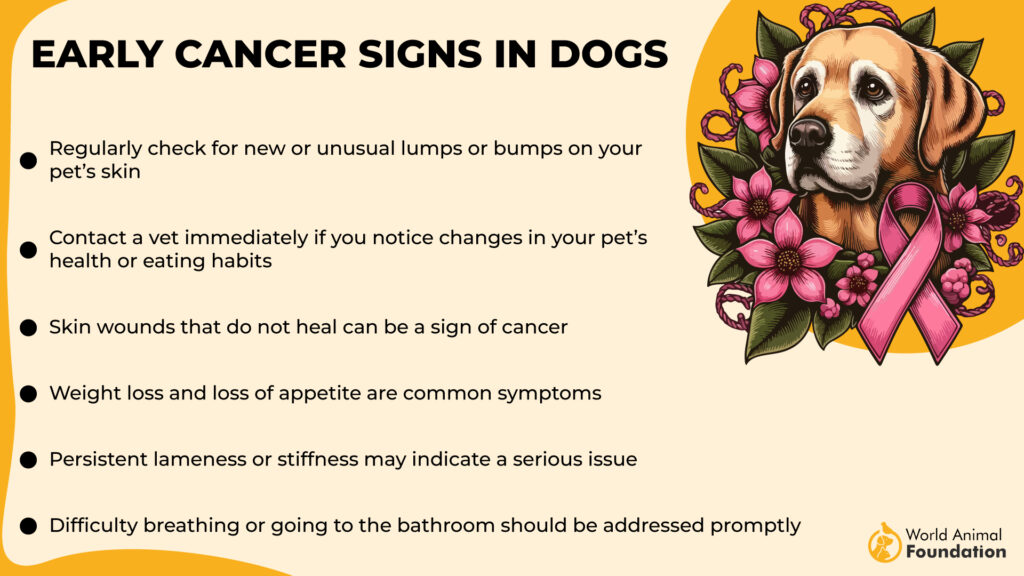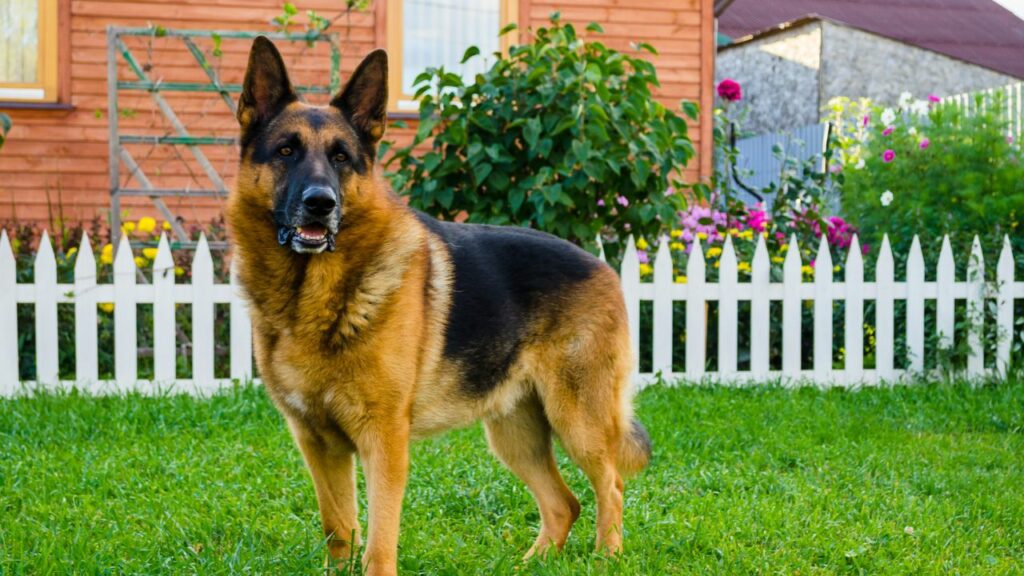Cancer, a devastating diagnosis, doesn’t discriminate, affecting our beloved canine companions too. Certain dog breeds, unfortunately, carry a higher genetic predisposition to developing this disease. Understanding these breeds and their specific vulnerabilities is crucial for proactive healthcare and early detection. This article explores seven breeds particularly prone to cancer, empowering owners with knowledge to make informed decisions about their dog’s well-being, from lifestyle choices to recognizing potential warning signs. Early intervention can significantly improve outcomes, giving our furry friends the best chance at a long, healthy life.
It’s a difficult reality to face, but just like humans, dogs can develop many of the same cancers. In fact, dogs are the only non-human species that can get prostate cancer. According to the National Cancer Institute, about 6 million new cancer diagnoses are made in dogs each year. This number could be even higher since not all pets receive regular medical care or an official cancer diagnosis.
The Veterinary Cancer Society estimates that 1 in 4 dogs will develop cancer at some point in their lives, and nearly 50% of dogs over the age of 10 will be affected by it. The good news is that half of all canine cancers are treatable when caught early, and ongoing research continues to improve treatment options.
With that in mind, let’s take a look at 7 dog breeds that are most prone to cancer, so you can be better prepared and give your furry friend the extra care they need to help prevent this disease.
Common Cancer Types in Dogs
Cancer in dogs can take many forms, affecting the blood, bones, or body tissues. Getting an accurate diagnosis is important to ensure the best treatment and prognosis. Here are some common types of cancer that affect dogs:
- Mast Cell Tumors (MCTs): These tumors are more common in certain breeds. Purebred dogs often have lower-grade tumors, while older mixed breeds may have higher-grade, more aggressive tumors.
- Melanoma: This type of cancer often affects dogs over 10 years old, with small breeds and black dogs being more at risk, especially on their toes.
- Lymphoma: A common cancer in middle-aged and older dogs, and certain breeds may be more prone to it.
- Osteosarcoma: This is a type of bone cancer that usually affects larger breeds.
- Hemangiosarcoma: A cancer often seen in dogs over 6 years old, but it can affect any breed.
Dog Breeds Most Prone To Cancer
1. Poodles
Poodles are energetic, smart, and come in three sizes, making them a great fit for any dog lover. However, Standard Poodles, in particular, have a higher risk of developing cancer. It’s estimated that about 40% of Poodles may die from some form of cancer.
One type they are especially prone to is squamous cell carcinoma of the digit (SCDD), a cancer that affects the toes and can cause bone disease. According to AKCCHF, this aggressive cancer often recurs multiple times in affected dogs, especially in dark-colored Standard Poodles, while light-colored ones are rarely affected.
Cancer is a leading cause of death in older dogs, and since Poodles tend to live longer than many breeds, their risk of cancer increases as they age. Fortunately, many cancers can be treated by surgically removing tumors, and chemotherapy is another option for certain types. The key to managing cancer in Poodles is early detection, which can greatly improve the chances of successful treatment.
2. Bernese Mountain Dogs
Bernese Mountain Dogs are big, beautiful, and incredibly lovable, especially as puppies. Unfortunately, this breed is prone to several serious health issues, including hip and elbow dysplasia, gastric torsion (bloat), and mast cell tumors. They are also sensitive to heat, so care must be taken to avoid heat stroke.
While their friendly nature makes them popular pets, Bernese Mountain Dogs have a higher risk of cancer, mobility problems, and other health conditions. Many Bernese may pass away at a younger age compared to other breeds, with cancer being a leading cause of death.
WebMD points out that reduced genetic diversity has contributed to declining health, but responsible owners can take steps to protect their pets’ well-being. Sadly, their life expectancy, once 10 to 12 years, has now dropped to 7 to 10 years due to these growing medical concerns.
3. Beagles
Owning a Beagle is a joy, as they are friendly, playful, and easy to train due to their eagerness to please. These adorable and intelligent hunting dogs make great companions. However, Beagles can experience certain health issues, such as recurring urinary tract infections, and they are at a higher risk of developing bladder cancer, especially if they are exposed to lawn chemicals like pesticides and herbicides.
Beagles tend to live longer than many other breeds, which means they are more likely to develop cancer in their later years. Cancer is a leading cause of death in older pets, and Beagles are particularly prone to a type of cancer called lymphoma.
Fortunately, half of all cancers can be treated by surgical removal, and some can be managed with chemotherapy. Early detection is key to giving your Beagle the best chance at a long and happy life.
4. Golden Retrievers
Golden Retrievers are adored for their playful and intelligent personalities, making them one of the best family pets. However, their popularity has unfortunately led to an increase in health problems, especially cancer. In fact, Golden Retrievers are now one of the most likely breeds to develop cancer, with around 65% of them passing away due to the disease.
Over the past 50 years, their lifespan has decreased as the risk of cancer and other health issues has dramatically risen, particularly in the United States. Recent studies have identified two genes linked to cancer in Golden Retrievers, which offers hope for future detection and prevention.
Their larger size and age also contribute to their higher risk of developing cancer. While responsible breeding can help reduce these issues, factors like diet, exposure to toxins, and lifestyle also play a significant role in cancer susceptibility. Keeping a close eye on your Golden’s health and environment can go a long way in helping them live a long and happy life.
5. Rottweiler
Rottweilers are large, powerful dogs, originally descended from Roman military dogs and developed in Germany, known for their strength and natural guardian instincts. Despite their tough exterior, Rottweilers are playful, loyal, and devoted to their families.
Unfortunately, Rottweilers are at a higher risk of developing several types of cancer, including lymphoma, mast cell tumors, soft tissue sarcomas, bone cancer, bladder cancer, and hemangiosarcomas. Lymphoma, or lymphosarcoma, is particularly common in Rottweilers. Purina Pro Club note that this cancer affects the lymphocytes, a type of white blood cell vital to the immune system.
Since white blood cells are found throughout the body, lymphoma can develop in multiple areas, making it a challenging cancer to detect and treat. Because of the breed’s susceptibility, it’s important to be vigilant for any potential signs of lymphoma and ensure regular veterinary check-ups for early detection and treatment.
6. Doberman Pinschers
The Doberman Pinscher is a loyal and protective companion, known for its strong guarding instincts. Sadly, Dobermans are prone to several diseases that can significantly reduce their lifespan and impact their quality of life.
Health issues commonly affecting this breed include dilated cardiomyopathy, hepatitis, hypothyroidism, cervical vertebral instability, and numerous cancers. Research suggests that Dobermans may have a higher risk of developing cancer, with the breed often being overrepresented in cases of lymphoma, osteosarcoma, mammary cancer, and prostate cancer.
These health challenges make it crucial for Doberman owners to stay vigilant with regular veterinary care to catch and manage potential illnesses early.
7. German Shepherds
German Shepherds are highly intelligent and versatile dogs originally bred in Germany to guard and herd sheep. Today, they excel in various roles, from police work to being loyal companion animals. Unfortunately, this beloved breed also has a high rate of cancer, which can impact their lifespan, typically between 10 and 12 years.
Genetics are thought to play a role in the likelihood of developing cancer in German Shepherds. One of the most common cancers in German Shepherds is hemangiosarcoma, a malignant cancer affecting the circulatory system, often found in the heart or spleen.
This type of cancer is particularly dangerous because symptoms usually aren’t noticeable until the tumor ruptures, leading to internal bleeding, collapse, or even death. To monitor your German Shepherd’s health, it’s a good idea to regularly check their gums—pale or white gums could be a sign of circulatory issues and warrant immediate veterinary attention.
Conclusion
Various dog breeds face an increased risk of developing canine cancer, with certain breeds more susceptible than others. For example, the Bernese Mountain Dog and other large and giant breeds are known to have a higher likelihood of developing conditions like mast cell tumors, liver cancer, and skin cancer. While purebred dogs are often more prone to dog cancer due to inherited genetic traits, even a mixed breed dog is not immune.
Female dogs are also at risk of specific cancers, such as mammary tumors, especially if they are not spayed. It’s important to note that environmental factors can also play a role in a dog’s health, potentially increasing their cancer risk.
The key to maintaining a dog’s health and minimizing cancer risk is through regular check-ups, early detection, and understanding the breed-specific risks. Conditions like brain cancer, cancer of the blood vessels, and other forms can affect pedigree dogs just as much as others. Whether your pet is a mixed breed or purebred, knowing these risks can help protect them and ensure they live a healthy and happy life.
While certain dog breeds demonstrate a higher predisposition to specific cancers, it’s crucial to remember that any dog can develop the disease. Being aware of breed-specific vulnerabilities allows owners to be more vigilant with preventative care, including regular veterinary checkups, healthy diets, and appropriate exercise. Early detection through screenings and attentiveness to potential symptoms plays a vital role in improving outcomes. Cancer in dogs, while concerning, is often treatable, and responsible ownership combined with advancements in veterinary oncology offers hope for affected dogs to live longer, healthier lives.

